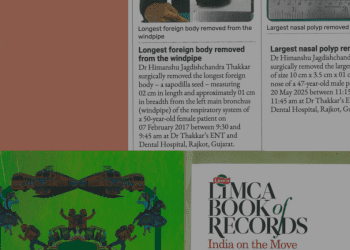BBC Springwatch viewers have demanded an age restriction on the nature program after it aired “brutal” scenes of a peregrine eating its chick.
Cannibalism and infanticide are unusual among peregrine falcons – but there are several reasons why they might occur.

The mother peregrine feeding her chicks[/caption]

The eating of one's offspring is known as filial cannibalism – and it's more common than most people think[/caption]
The video shows a mother peregrine trying to feed her chicks.
When one of the chicks shows difficulty feeding, the father begins tearing pieces of its flesh.
The distressed mother then kills the chick, putting it out of its misery, before swallowing the infant whole.
The macabre scenes saw many viewers take to social media to warn others about the supposedly peaceful wildlife show.
“Springwatch is brutal,” one viewer wrote on X (formerly Twitter).
“Peregrine Falcon dad starts eating his own chick; mum finishes the job off. 18 certificate stuff.”
Another added: “Dear god the peregrine nest footage on Springwatch tonight was horrific.”
“Well, that Peregrine isn't going to win any 'Father of the Year' awards! ,” a third viewer continued.
A fourth chimed in, saying: “Watches Springwatch on iPlayer to calm down before bedtime: cue massacre of baby chiffchaffs, peregrine chick cannibalised by a parent, and little vole still alive being pecked to death by kestrel chicks”
Why would peregrine falcons eat their chicks?
While cannibalism can be common among other species, it's not typical among peregrine falcons, according to experts.
Although, a peregrine parent may be able to sense something wrong with its chick, and then decide to kill it before nature runs its course.
In the example shown in Springwatch, the chick was not feeding properly, and so the father may have taken that as a sign it was not well.
Brood reduction can also happen when a bird parent kills some of its chicks to ensure the survival of others.
It may also be a sign of rejection from the parent if for some reason they believe the chick is not theirs.
Explained: Cannibalism in the wild

The eating of one's own offspring is known as filial cannibalism – and it's more common than most people think.
Species that engage in filial cannibalism include leopards, African lions, Tonkean macaques, and many fish species.
It frequently occurs when an infant is sick, deformed or born into conditions where the parents cannot provide food.
If a baby has not survived – or will soon die – the body can become vital nutrients for the parent.
Filial cannibalism can even happen before the offspring is born, while it is still an egg.
For example, if a cod lays roughly five million eggs, it could use a portion of its offspring as a non-threatening and nutritious food source.
But in this instance, it appears the chick met its end as a result of an inexperienced male.
Springwatch co-host Chris Packham said the most likely theory is that it was a mistake on the male peregrine's part, due to this being his first breeding attempt.
“We looked very carefully at some feathers on his wing, and this is micro detail, and we showed this to some peregrine experts and they spotted these tiny little feathers which indicate this bird may be a two-year-old,” he explained in the show.
“It's not absolutely certain… and if that were the case, then maybe it just came back to the nest, the chick wasn't moving, he wanted to feed the other one, he was a bit confused. [and] inexperienced. Maybe that's what rolled out.”
































